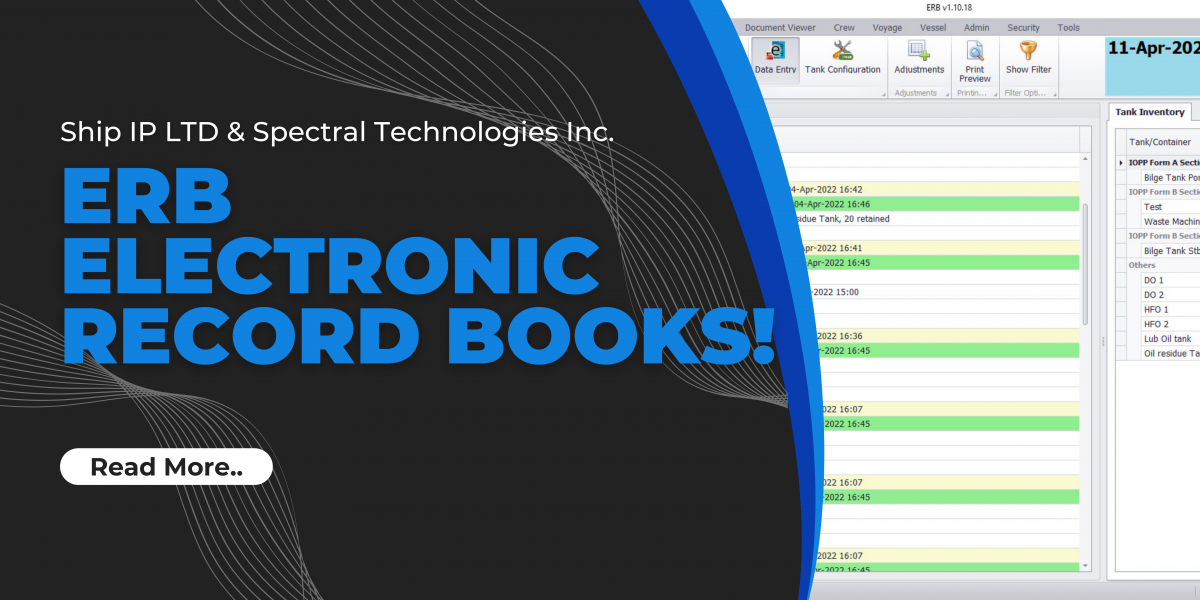The international maritime community is placing significant emphasis on addressing greenhouse gas (GHG) emissions, with Port State Control (PSC) inspections focusing heavily on compliance. Certification for Engine International Air Pollution Prevention (EIAPP) and proper documentation practices have become critical as several ships have faced detention due to non-compliance.
Authorities are conducting thorough inspections of NOx Technical Files and Engine Parameter Records to verify alignment between on-board equipment and official documentation.
Over recent months, inspectors have flagged numerous deficiencies during PSC examinations, resulting in detentions. These inspections often involve checking spare parts for compliance with IMO identification requirements and may escalate to in-depth inspections, including the disassembly of diesel generators, if irregularities are suspected.
Frequent Issues Identified
Common deficiencies observed during PSC inspections include:
| Code | Deficiency | Comments |
|---|---|---|
| 14601 | Missing or incomplete Technical Files | NOx Technical File for main engine and generators was unavailable during the inspection. |
| 14602 | Incomplete Engine Parameter Records | Records were missing details about the replacement of injection pump cylinder no. 1, as required by the NOx Technical File. |
| 14606 | Engine air pollution control | Certain engine components, such as the charge air cooler, lacked required IMO identification numbers specified in the NOx Technical File. |
Key Challenges
Past detentions were often attributed to missing documentation, incomplete records, or parts lacking proper identification. In many cases, misunderstandings or insufficient on-board procedures contributed to these shortcomings.
Preparing for PSC Inspections
To avoid detentions and ensure compliance, the following measures should be implemented:
- Maintain Original Documentation
Ensure NOx Technical Files and EIAPP certificates are available on board in their original or authorized digital format. If any documents are missing, contact the engine manufacturer or relevant authority for replacements. - Document Handover During Ownership Changes
When a vessel changes ownership, it is critical to confirm that all necessary documents, such as NOx Technical Files and certificates, are transferred to the new owner. - Keep Engine Parameter Records Updated
Use a Record Book (physical or electronic) to log any changes to engine parameters, including component replacements, adjustments, or repairs that may impact NOx emissions. This log should detail dates, components, ID numbers, and any settings modified. - Address Incorrect or Missing Component IDs
If engine parts lack proper IMO identification or if discrepancies exist, take corrective action. Allow time for these corrections, and consult the engine manufacturer to determine if updates to the NOx Technical File can accommodate the components. - Conduct Routine Inspections
Regularly inspect engine components and settings to ensure they remain within the ranges specified in the NOx Technical File. Surveyors may select specific components for review during inspections.
By ensuring thorough preparation and addressing potential compliance gaps, shipowners and operators can reduce the risk of detentions and improve their readiness for PSC inspections.

